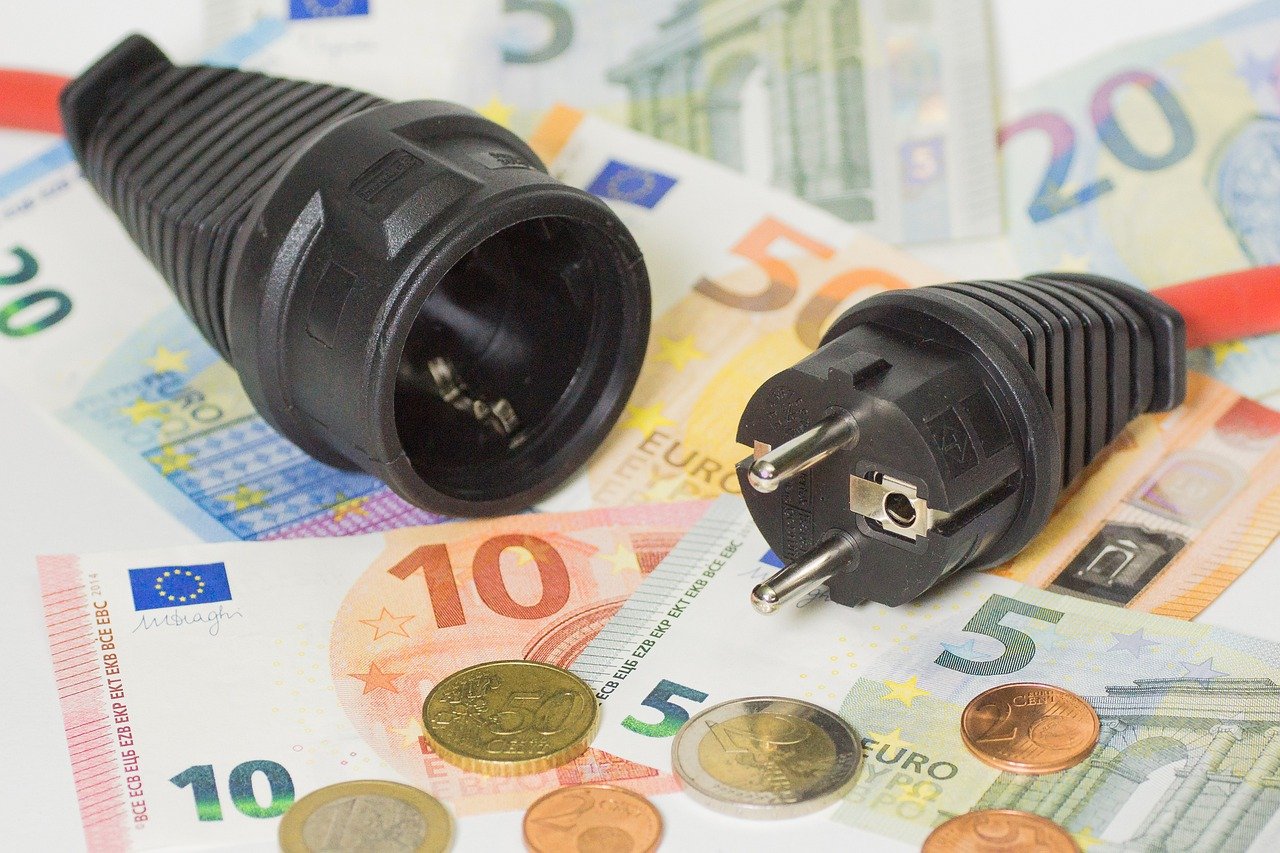
Hungary has exceeded EU expectations for two consecutive periods in cutting gas consumption.Continue reading

As usual, Stockholm topped the list of gas prices in May, followed by Bern. It is also not surprising that Budapest had the lowest gross residential end-user prices for natural gas and electricity in the EU, Világgazdaság reports.
In May, the gross end-user price of electricity in euros for European residents was nine percent lower than a year earlier, while the price drop for natural gas was 11 percent. The data was published by Finland’s VaasaETT.
The latest figures show an almost steady decline in prices from their peak in October 2022. Reduced official prices in Hungary, frozen at a low level for around ten years, are consistently the lowest among EU countries, and only Kiev is better in the overall European list.
In May, a kilowatt hour of electricity cost 9.44 euro cents gross in Budapest. The price in Kiev was two thirds of this, while the EU and European averages were more than three times higher.
The ‘record-breaker’ Berlin had four times the price of energy compared to the Hungarian capital.
Tariffs have not fallen at the same pace in the capitals. This is because almost all European governments took some form of action to contain household prices during the months of the energy crisis, therefore the pace and impact of the withdrawal of these measures varies.
VaasaETT also found four capital cities where prices have risen. Residential electricity prices in Amsterdam and Madrid rose by three percent, while Stockholm and Vilnius saw increases of two percent. This can be explained by the rise in energy taxes and the cost of distribution, in addition to the local increase in electricity prices, writes the portal.
However, the overall trend is towards cheaper residential electricity in the EU.
The biggest falls, of six percent, were in Helsinki and Oslo, three percent in Brussels, and one to two percent in some other capitals.
In Hungary, electricity and gas prices for households are kept at the same level, so that when the justified transport and distribution costs of suppliers increase and have to be reflected in the tariff, the energy or gas price itself must fall at the same time so that the total does not change. This has meant in recent months that the weight of the system charge in the Budapest tariff is the highest, 65 percent, and the energy charge is the smallest, 14.5 percent.
Via Világgazdaság, Featured image:Pixabay